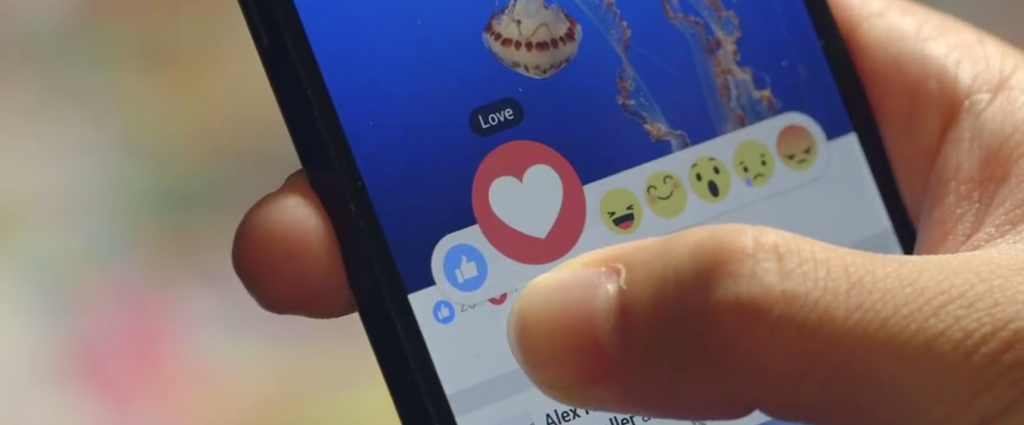In South Africa, the biggest threats to democracy are pretty obvious: the stuttering economy, never-ending rolling blackouts (let’s call them what they are), the rampant unemployment (nearly 30% in total, over 50% for youth) and a delusional political elite that doesn’t know it’s out of touch, out of money (due to said economic woes and therefore the inability of Sars to collect revenue) and generalised arrogance.
Add to that the fractured nature of the ruling party, it’s now wholly dysfunctional tripartite alliance, and the fightback by the state-capture crew – who appear to be running a parallel operation to thwart good governance and the rule of law.
Social media – the new ideological and propaganda battlefront for much of the rest of the world – hasn’t had as direct an impact on South Africa’s elections simply because it (mostly) remains the preserve of those wealthy enough to own a smartphone and wealthy enough to buy airtime to access it.
As the Economic Freedom Farters (EFF) have discovered, the sentiment on Twitter is not necessarily that of the rest of the country.
But more mature democracies are in the midst of a fightback against the power of social media disinformation. This is especially true in the United States where rampant fake news and voter manipulation played a pivotal role in the 2016 presidential elections.
At that point, 44% of American adults got their news from Facebook, which had increased to about 55% by October 2019, according to the Pew Research Center. Although the respected US research organisation found that nine out of 10 Americans (88%) realise that social media companies can control what they see, especially news, only 62% think they have too much control. Wow. That’s naivety for you.
That is just the rejigged news feed, and doesn’t account for the much more contentious topic of political advertising, which bizarrely Facebook is continuing to allow, even when it’s factually incorrect. It also allows targeting of particular users based on their political views.
Twitter, on the other hand, banned such pollical advertising last October – followed by Google.
Facebook announced last week it would not fact-check political ads, and has based its policies “on the principle that people should be able to hear from those who wish to lead them, warts and all, and that what they say should be scrutinized and debated in public”.
Calling last week’s decision “outrageous” Sacha Baron Cohen tweeted: “This is Facebook’s idea of change? #MarkZuckerberg, you STILL take politicians’ money, STILL refuse to fact check their ads and STILL micro-target their lies to your +2 billion users. Mark, the demagogues of the world thank you!”.
The Jewish comedian and film star also hit out at Zuckerberg during the Golden Globes last week while introducing a satire film about Nazi Germany as experienced by a 10-year-old boy in the Hitler Youth, called Jojo Rabbit. “The hero of this next movie is a naive, misguided child who spreads Nazi propaganda and only has imaginary friends. His name is Mark Zuckerberg,” Baron Cohen said.
Like power failures, lack of service delivery and unemployment Facebook’s lack of regard for truthfulness is a real threat to democracy, but one that can be easily – and quickly – fixed. If only Facebook cared more for democracy than profit.
This column first appeared in Financial Mail
